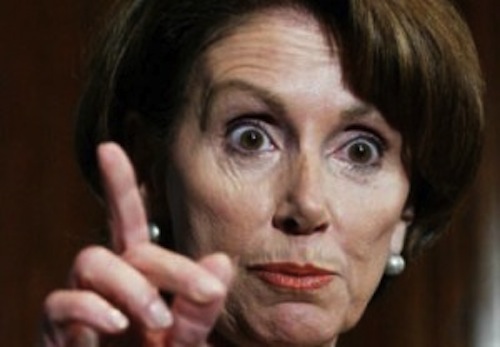
Ways this Banana Republic ad resembles the Republican Party: even the not-white people are really white.
In the aftermath of the phrase “the aftermath of Tuesday’s elections” almost passing out of use, the United States must now turn to its most pressing problem: our hideously unfair treatment of the rich. If TAoTE has taught us anything, it’s that the American people will not stand for socialized medicine, handouts for the poor or even many public schools. No—the common man has spoken, and he demands lower taxes for the rich and deregulation of their various petro-boilers and chicken confinements. As usual, the common man is distinguished by his generosity. For although the rich have suffered terribly since FDR, weathering gales of progressive income taxes and share-the-weatlh schemes, they now command a share of this country’s wealth normally seen only in third-world nations. According to Nicholas Kristof, who appears to be biting his lip in his new headshot, “the richest 1 percent of Americans now take home almost 24 percent of income, up from almost 9 percent in 1976.”

